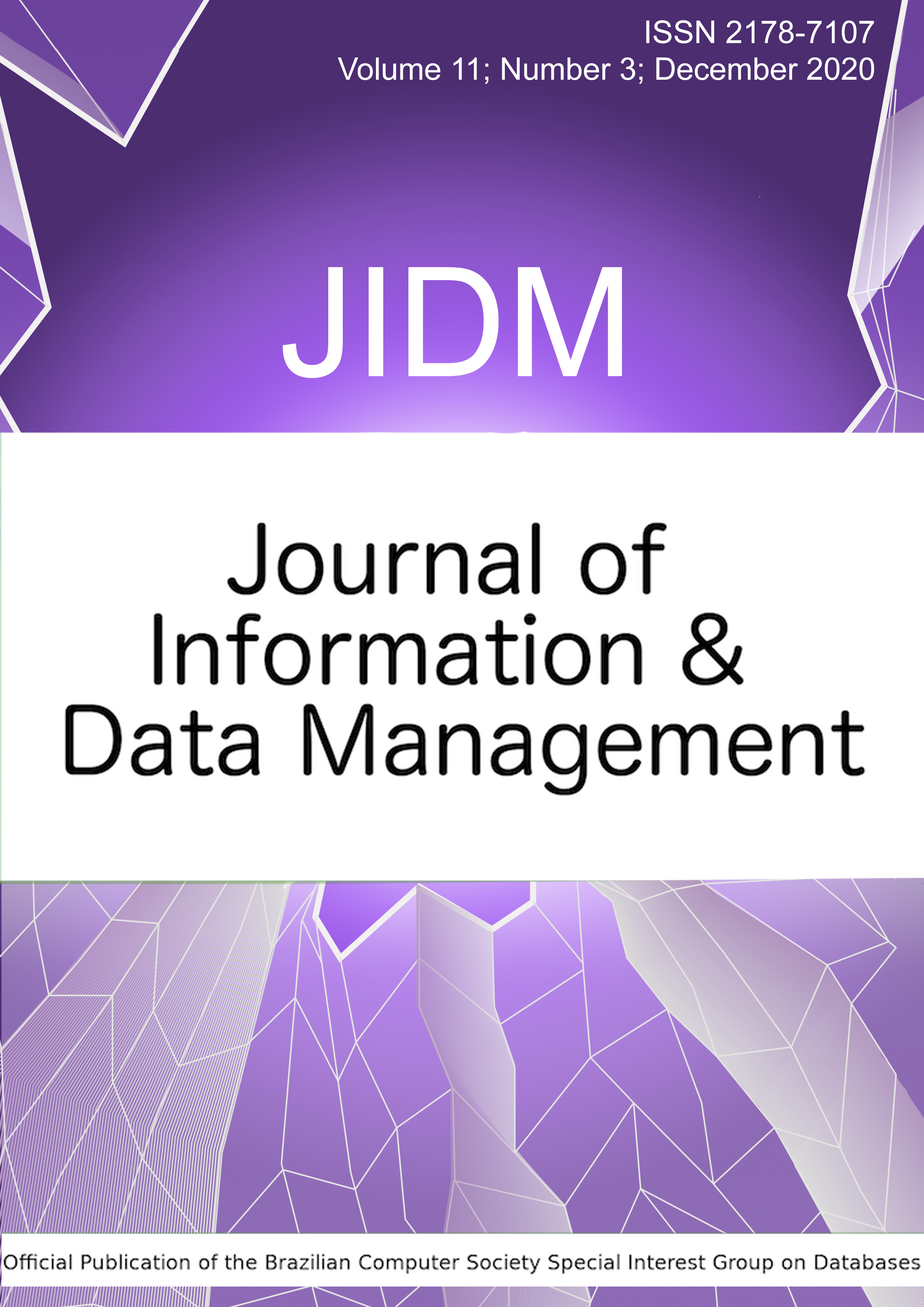Mining Temporal Exception Rules from Multivariate Time Series Using a new Support Measure
Abstract
Association rules are a common task to discover useful and comprehensive relationships among frequent and infrequent data. Frequent patterns describe a usual behavior, while infrequent ones represent uncommon knowledge. Our interest lies in finding exception rules, a class of infrequent patterns that may have critical effects as a consequence. Existing approaches for exception rules mining usually handle “itemsets databases”, where transactions are organized with no temporal information. However, temporality may be inherent to some real contexts and should be considered to improve the semantic quality of results. Moreover, these approaches implement a non-discriminatory support measure to estimate the relevance of an item, thus interpreting a large volume of data that may be merely occasional as patterns. Aiming to overcome these drawbacks, we propose TRiER (TempoRal Exception Ruler), an efficient method for mining temporal exception rules that not only discover exceptional behaviors and their causative agents, but also identifies how long consequences take to appear. We also present a new support measure to manipulate time series. This measure considers the context in which a pattern occurs, thus incorporating more semantics to the results obtained. We performed an extensive experimental analysis in real multivariate time series to verify the practical applicability of TRiER. Our results show TRiER has lower computational cost and is more scalable than existing approaches while finding a succinct and relevant set of patterns.

